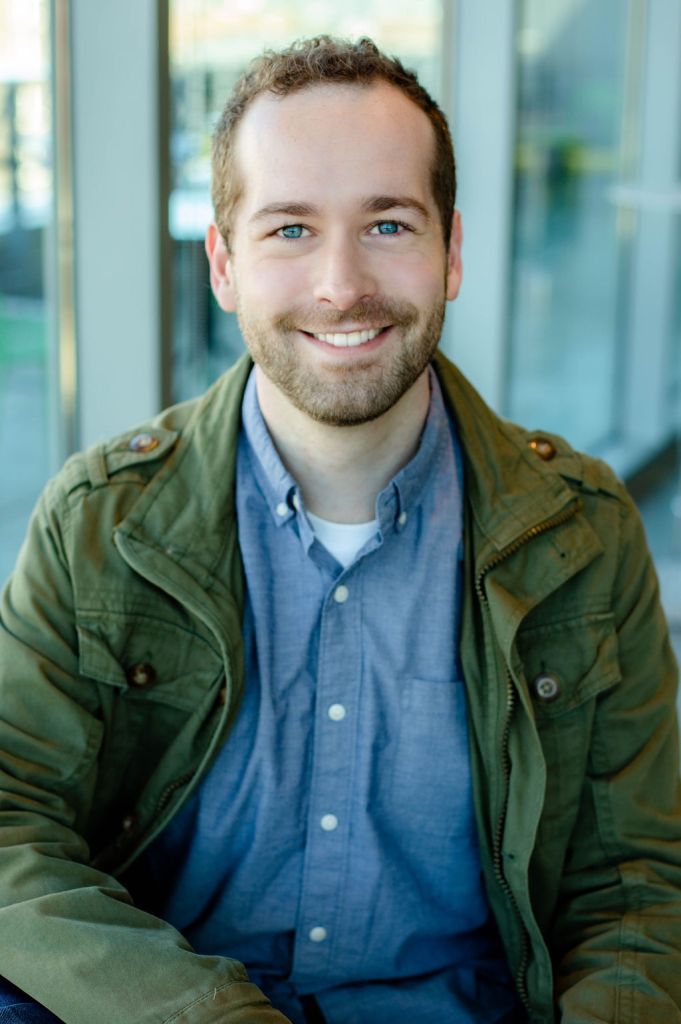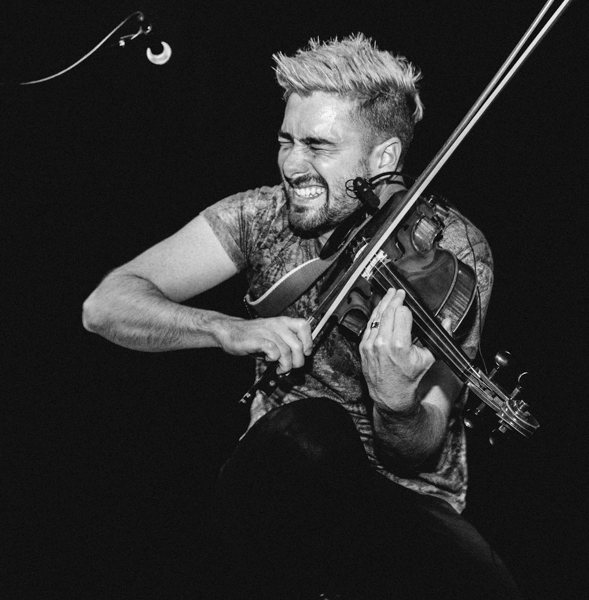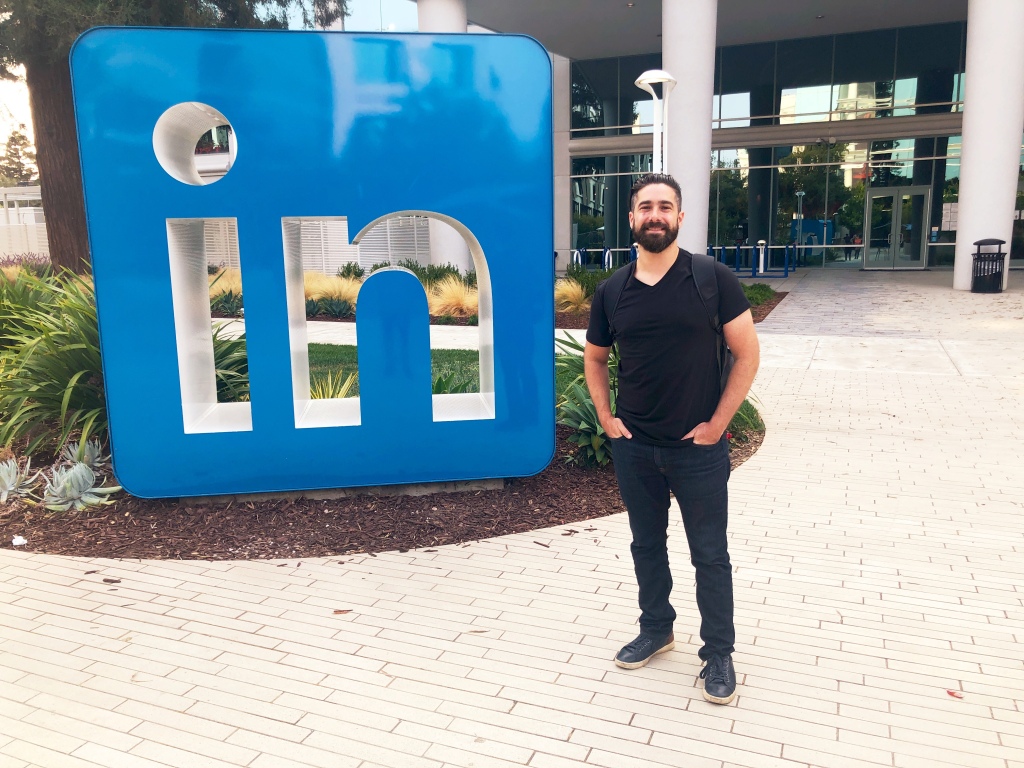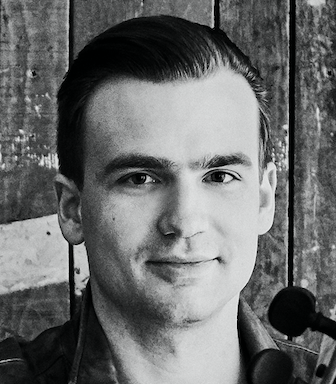
Me: “I think I’m not good enough at my job.”
Other person: “Oh, yea, imposter syndrome is tough.”
I’ve had this dialogue a few times with various people in the course of my engineering career. It never sat right, and in this blog post I’ll pick apart why I think the term “imposter syndrome” is harmful, and suggest some alternative ways of thinking of the bundle of feelings it describes.
First, a disclaimer and a definition.
Disclaimer: I am not a medical professional. I am a violinist and a career changer software engineer. This blog post is based on personal experience, not actual research.
Imposter Syndrome (official definition): is a psychological pattern in which an individual doubts their skills, talents, or accomplishments and has a persistent internalized fear of being exposed as a “fraud”. [Wikipedia]
Imposter Syndrome (as I have seen it applied): a catchall term for socio-performance work anxiety. Annoyingly, sometimes used as a humble brag (in my opinion).
TL;DR: what’s bad about the term “imposter syndrome“
1. It pathologises a normal developmental stage.
2. It risks hindering people with actual medical (mental health is medical) issues from accessing appropriate care.
3. It puts the blame for feelings (e.g. anxiety) on the individual, not on the surrounding people or system – this can be especially harmful for under-indexed folks who are potentially being gaslit.
So let’s talk about each of these individually, and then how situations can combine to create what we call “imposter syndrome”.
1.Normal developmental stage
At the risk of stating the obvious, when you’re new to something, you’re less good at it. More specifically, you have a lot of known unknowns and a lot of unknown unknowns. Known unknowns are fine – you can make a list, prioritise them, and learn them. But when you’re junior, there’s a vague feeling of “stuff I should know but I don’t know what it is and here’s this long list of stuff I know I should know so how do I have time to find more stuff to put on that list?”
This is a normal developmental stage. Over time, you remove items from the known unknowns list (or stack, or queue) as you learn them, and then you add more items as you discover that there’s something you should know about. Items can even return to your known unknowns as you learn about them, but forget the details.
(If you’re interested, I deliberately chose “list” because a list is a data structure whose items you can access at random, whereas stacks and queues are LIFO and FIFO, respectively, and I assumed you’d throw items into your list whenever you found them and need to take them out at random order when the need arose. And I had to look up which of stacks and queues were LIFO or FIFO – they were in my known unknown, or perhaps known semi-known, list.)
This normal developmental stage can feel a lot more problematic for career changers: you are used to operating with many knowns, some known unknowns, and few unknown unknowns. You forget the times when you were a beginner at the thing you used to be good at (especially for musicians, because that time is usually when we were young children). My suggestions are patience, kindness to yourself, focusing on getting items into knowns and known unknowns, and finding the right senior (not necessarily at your workplace) for reassurance and guidance.
2.Actual Medical Problems
Ok so you have your knowns, your known unknowns, and you’re pretty sure your unknown unknowns list isn’t too big. But you still doubt your ability and fear being exposed as a fraud. I’m not a medical professional, but this sounds like a really great time to access medical support to deal with whatever underlying issue is manifesting in this sort of anxiety.
3. Systemic Issues
Your workplace should give you timely, actionable feedback on your performance (feedback is a whole book so I’ll just say that it can take many forms, official and unofficial). Without that feedback, you have no way of knowing how you are perceived to be doing. Sure, you have your (un)known(s) lists, and your own assessment, but you need to calibrate your own assessment against an external marker. Without that calibration, unless you’re incredibly self-centered, you will worry about whether you are doing your job well enough.
And hey, because this is all about how others perceive your work, turns out if you a member of a marginalised group, you’re likely to worry a lot more about how others see you – because there is your own experience as well as (likely) hundreds of years of documented evidence of people seeing your work as less good and you as less human, and with much graver consequences. (Want to read more about this? Try Caste, by Isabel Wilkerson if you want a long read, or this post on intersectionality for a short read.)
Combinatorial Explosion
So I’ve teased out 3 separate elements to the Thing Formerly Known As Imposter Syndrome (TFKAIS, pronounced “tiff-kais”, second syllable “eyes”). But of course, it’s very easy for 3 to appear in combination with each other. This is not great, and solutions will vary depending on individual circumstances. One word of advice I’d give, though, is that systemic change is hard, and it’s even harder when you are more junior. It can be worth gently pushing on the door of better feedback, but if nothing happens and you are suffering, it’s often better to leave if you can.
Alternative Terms
I said I’d offer some alternatives to “imposter syndrome”, so I’ll end with these. I am not going to coin a new phrase to replace “imposter syndrome”, because my whole argument is that we’ve jumbled a bunch of potentially similar feelings with very different causes together, and we should separate them out. So how about using phrases like the following?
“I have the feeling that I have a lot of unknown unknowns, so I am in an earlier stage of my knowledge on this subject. I am actively working to discover these unknown unknowns, but I’m also working with a more senior colleague to ensure my lists have the right stuff on them.”
“I have anxiety about my performance at work. I am going to talk to my manager about improving the feedback system, but I am also going to seek medical help because the anxiety is really impacting my life.”
“My workplace doesn’t set clear expectations so I don’t have anything to benchmark myself against. This makes me anxious, as I am a woman in tech and know about implicit bias, so I am going to look for a workplace that has a clear set of responsibilities and progression. I do not currently believe that I need medical help as I think a change of environment will improve my anxiety, but I am willing to revisit that decision if needed.”






